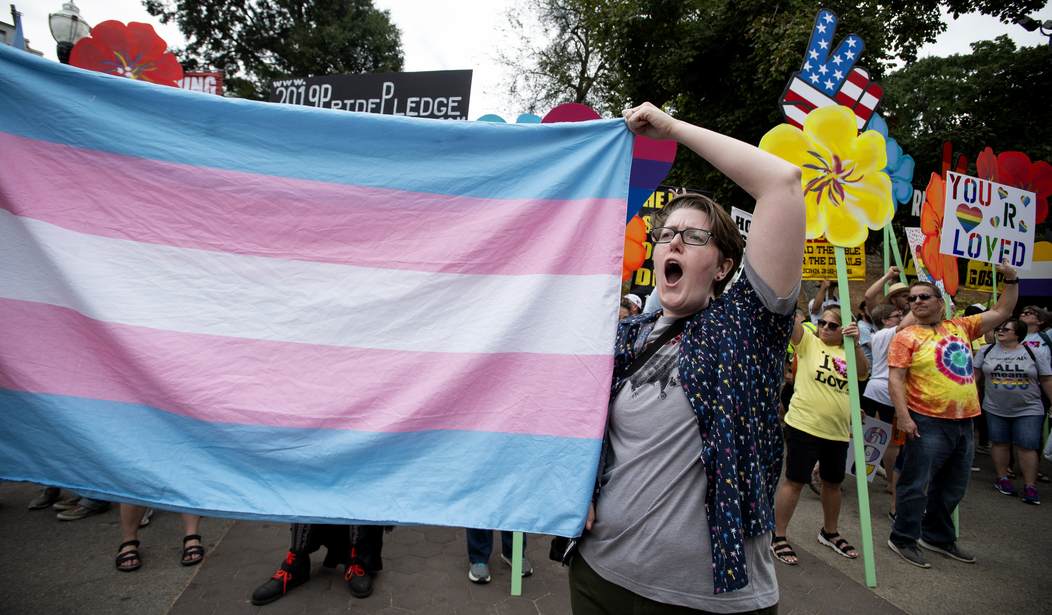Last week the Washington Post published an opinion piece written by a trans woman who had sex reassignment surgery at 19 and now has some regrets about it. At the very least, she things she should have been encouraged to wait longer before taking steps that were irreversible. Today, Suzy Weiss has a piece at Bari Weiss’ Substack that feels like a follow up. Titled, “The Testosterone Hangover” the piece questions the rush to medicalize gender identity decisions made by teenagers, a practice referred to as “gender affirming care.”
Chloe, who lives in California’s Central Valley, always hated her body. She spent a lot of time on Tumblr and learned words like “pansexual” and “bigender.” She remembers when she was 12, sitting on her bed, thinking, “Maybe I’m meant to live as a boy.”
By 2018, at age 14, Chloe was well along the path to what she imagined was boyhood. She was going by Leo. She was taking puberty blockers. And her mother was administering her weekly testosterone injections. Two years later, in early June 2020, she went under the knife.
Chloe had a mastectomy at age 15. Two years later she now regrets that decision and wishes there had been “more regard to alternatives in treating dysphoria, especially when it comes to kids.” Bucking the gender identity trend has cost her socially.
Her friends abandoned her. Another friend told her that “the gay side of my school hated me” because she detransitioned.
Now, Chloe has a boyfriend and wishes she had her breasts back. She was a 15-year-old who made a life-altering medical decision. No one wanted to tell her it was a bad idea. And that’s just one of several similar stories. Phoenix Huddleston told her parents she was trans at age 12. A few years later she was taking testosterone.
When she was 14, Phoenix and her mom moved to Portland, Oregon where teachers asked everyone in class their pronouns. She found a gender therapist immediately and was on testosterone by her sophomore year. “I was so jazzed,” she said. In 2018, she got her double mastectomy.
But then it got weird. She didn’t like her patchy beard, which only grew on her chin and neck, and she was having sexual problems: the inside of her vaginal walls were dry, and she would bleed when she had sex. “I’ve become gender ambivalent,” she said. She’d always known she wanted to look androgynous, but after years of inhabiting online spaces devoted to gender identity, she was burnt out from the labels and terminology. She doesn’t have any preferred pronouns. “I guess, looking back, I don’t love the medicalization part,” she said. In August 2021, after eight years on testosterone, she stopped taking it.
Gender affirming care advocates say these cases are unusual but clearly they do happen. Some of the kids who make these life-altering decisions at a young age do regret it. Knowing that’s the case shouldn’t the bar for this kind of elective surgery on minors be fairly high?








Join the conversation as a VIP Member